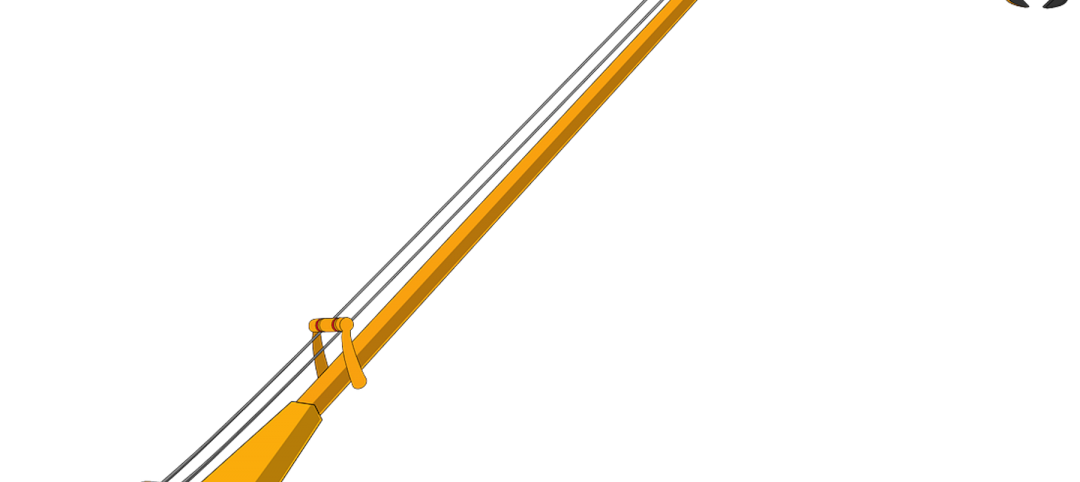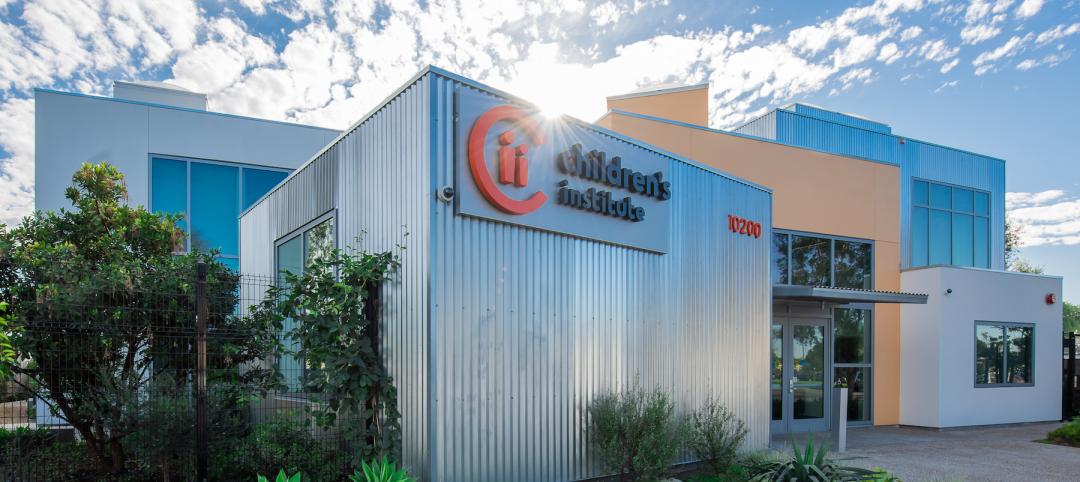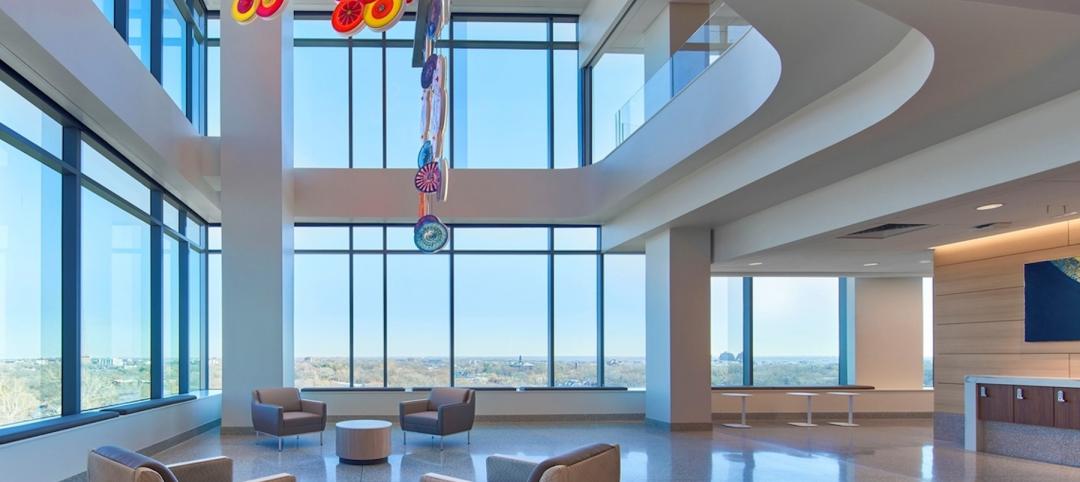You’re probably pretty content in your present position. But if your “dream job” opened up, would you be ready to go for it? Would your resume be up to today’s standard? In many cases, probably not.
Design Force can help. We have 12 years’ experience providing premium career development support to AEC professionals. We’d be glad to review your resume on a free, 100% confidential basis.
One item that can be very effective in any resume is your experience with mentoring. Many design and construction firms have formal mentorship programs that pair new professional staff with veteran members of the firm. How effective is your firm’s mentoring program? Don’t have one? Maybe you should help get one started.
There are different forms of mentorship. In many AEC firms, mentoring occurs almost by accident. The new staff member somehow latches on to a more established person in the firm to seek advice and counseling on the ins and outs of the firm.
This form of mentorship gives you choice—you’re not getting stuck with someone you don’t like. But there’s no guarantee that the mentor will do a good job, or even that he/she is really interested in mentoring you.
At some AEC firms, particularly the larger ones, you may be assigned a mentor by the HR department, the CEO, or your department head. This has the advantage of being sanctioned by your firm and presumably tested over time. You can reasonably expect that the mentorship has a structure and that you will benefit from it. On the other hand, due to personality differences, gender issues, age or generational differences, etc., you may not be entirely comfortable with your assigned mentor. This could prove awkward in the everyday work environment.
You may want to have more than one mentor: one for specific advice about the workings of the firm—its strategic direction, what kinds of project work is most valued, what management is looking for from you, what gaps exist that fit you can fill to enhance your career growth path; the other for more general advice about your profession—how to get placed on professional society committees, how to obtain speaking engagements, what pro bono work can help your career, community service, alumni affiliations, etc. This person may be completely outside your firm but well-established in your profession.
Mentorships should have clear guidelines. You and your mentor should establish how frequently you will meet—once a week? Once a month? Quarterly?—and under what circumstances—coffee outside the office? A formal sit-down in the office? Should the discussion be business only, or can personal matters enter into the conversation? How long a period should the mentorship last? Should it be reevaluated once a year? How would it be ended? Should there be a written report at some point? Who would have access to such a report?
Some AEC firms have come up with interesting innovations in their mentorship programs. One firm we know assigns two mentors to every new employee. This helps you get feedback and advice from different perspectives.
Other firms are using two-way mentorships. Senior staff members work with younger or junior staff on subjects like how to improve client relations, how to bring in business, and how to get things done most effectively within the firm’s structure.
The protégés then work with their senior counterparts on solving problems that they’re more comfortable with, such as how to implement new software, or how to use the latest AEC-industry apps.
An interesting approach we recently learned about through one of our clients is for you and your mentor to take responsibility for a specific task that contributes to the firm's betterment. It could be a better way to catalog standards in the firm’s library, or the development of a new presentation prep technique, or rethinking the marketing strategy for a studio.
What if you are asked to become a mentor? My advice: Think carefully before agreeing to do so. Mentorship is a serious responsibility. Your protégé’s career can and probably will be affected by the quality of the mentoring you provide.
But mentoring, done right, can give you visibility to climb in your career—and for your protégé as well. You’re both working hard for your individual improvement and the firm’s betterment.
Ahmed Kurtom is Managing Principal of Design Force, a Washington, D.C.–based firm specializing in career placement opportunities for AEC professionals.
For a FREE 100% CONFIDENTIAL resume review by an experienced Design Force hiring manager, email your resume to: careers@designforcesolutions.com - SUBJECT LINE: Free Resume Review/BDC090816A
Related Stories
Sports and Recreational Facilities | Jun 17, 2022
U. of Georgia football facility expansion provides three floors for high-performance training
A major expansion of the University of Georgia’s football training facility has been completed.
Building Team | Jun 16, 2022
Hybrid work expected to reduce office demand by 9%
Businesses are slowly but consistently transitioning to a permanent hybrid work environment, according to a senior economist at Econometric Advisors.
Building Team | Jun 16, 2022
USGBC announces more than 23 million square feet of LEED certified net zero space
Today, the U.S. Green Building Council announced nearly 100 net zero certifications earned under the LEED Zero program, representing more than 23 million square feet of space.
AEC Business Innovation | Jun 15, 2022
Cognitive health takes center stage in the AEC industry
Two prominent architecture firms are looking to build on the industry’s knowledge base on design’s impact on building occupant health and performance with new research efforts.
Market Data | Jun 15, 2022
ABC’s construction backlog rises in May; contractor confidence falters
Associated Builders and Contractors reports today that its Construction Backlog Indicator increased to nine months in May from 8.8 months in April, according to an ABC member survey conducted May 17 to June 3. The reading is up one month from May 2021.
Codes and Standards | Jun 15, 2022
Waived tariffs on solar panels expected to boost solar power
The Biden Administration recently waived tariffs on solar panels from four countries in a move advocates say will accelerate the clean energy transition and benefit national security.
Cultural Facilities | Jun 15, 2022
Gehry-designed Children’s Institute aims to foster community outreach in L.A.’s Watts neighborhood
The Children’s Institute (CII) in Los Angeles will open a 200,000-sf campus designed by Frank Gehry this summer.
Building Team | Jun 14, 2022
Thinking beyond the stadium: the future of district development
Traditional sports and entertainment venues are fading as teams and entertainment entities strive to move toward more diversified entertainment districts.
Codes and Standards | Jun 14, 2022
Hospitals’ fossil fuel use trending downward, but electricity use isn’t declining as much
The 2021 Hospital Energy and Water Benchmarking Survey by Grumman|Butkus Associates found that U.S. hospitals’ use of fossil fuels is declining since the inception of the annual survey 25 years ago, but electricity use is dipping more slowly.
Healthcare Facilities | Jun 13, 2022
University of Kansas Health System cancer care floors foster community and empathy
On three floors of Cambridge Tower A at The University of Kansas Health System in Kansas City, patients being treated for blood cancers have a dedicated space that not only keeps them safe during immune system comprising treatments, but also provide feelings of comfort and compassion.

















